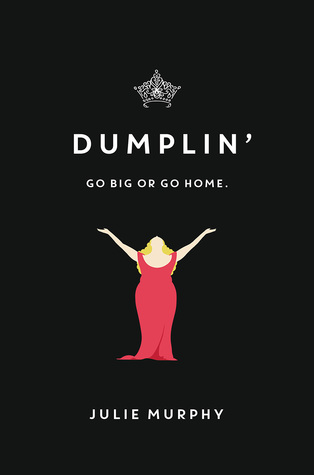 I love that this book's first-person narrative voice is that of a child immigrant. There are very few books that I have found with this perspective, and I think it's important for immigrant children to have such books as "mirrors", and for American-born children to have them as "windows".
I love that this book's first-person narrative voice is that of a child immigrant. There are very few books that I have found with this perspective, and I think it's important for immigrant children to have such books as "mirrors", and for American-born children to have them as "windows".
I also really appreciate that this book addresses racism head-on. I think race and racism should be openly discussed among children of all ages, and this book goes a long way in helping to make these topics accessible.
That said... I was troubled by just one phrase that had an outsized impact on me. Mr. Yao, the awful motel owner who exploits the Tang family, spoke "Taiwanese-accented Mandarin". The main character Mia and her family are loving, hardworking immigrants from China, while the mean, unfair boss is an immigrant from Taiwan. Most readers would probably gloss over that distinction, but Taiwanese characters in children's books are so scarce that when I, a child of Taiwanese immigrants, read the word "Taiwanese", my heart leaped with excitement! "Omg, a Taiwanese character!" Unfortunately, that feeling quickly deteriorated as I realized, "Uhh... The one Taiwanese character... is the irredeemably ignorant, cold-hearted, racist villain?" I just don't think we have enough narrative plenitude yet that would allow me to overlook such a one-sided negative portrayal of Taiwanese people, particularly because there was no Taiwanese counter-example to Mr. Yao. Maybe I would have been less bothered if, for example, Mrs. Yao had been kind and reasonable in a way that could have balanced out Mr. Yao's evilness. Also, many readers might not know that there is a kind of tension between mainland Chinese people and Taiwanese people, on account of differences in culture, history, and politics. I don't see any point in further driving in that wedge, especially with young readers.
Growing up with immigrant parents, I know that the sacrifice, discrimination, assumptions, and stereotypes faced by immigrants are real. The author deftly portrays these struggles through Mia's battle with the model minority myth, her embarrassment over her un-stylish clothing, and Mia's mother's feelings of inadequacy regarding her poor English. But the added difficulties faced by undocumented immigrants is a whole other harrowing level, and I don't think it helps to conflate the two experiences. The picture painted of immigrants in this book - Mia's parents seemingly being paid under the table, other immigrants fleeing from loan sharks, abusive employers with illegal practices, and immigration raids - point to experiences more typical of undocumented immigrants, yet they are never referred to as "undocumented". I applaud the author for tackling such an important topic, and I wish the characters were explicitly identified as undocumented. I think the distinction is important, and when made in a children's book, could really help young readers to understand that "the illegals" they hear being vilified in the news are people like their classmates and neighbors, regular people just like them. Also, identifying characters as undocumented would help explain why Mia's Mexican friend Lupe doesn't go back to Mexico to visit her family (an undocumented immigrant who leaves the country risks not being able to return), and why Mia's parents, at the end of the book, didn't even consider going to a bank for a loan. (It's not impossible for undocumented immigrants to get a loan, but being undocumented is certainly a negative factor.)
Anyway, moving beyond immigrant-related concerns... I found Mia to be easily likable. She was driven, resourceful, and well-meaning, and she had been through so much that even when she engaged in morally questionable behavior towards the end of the book, I could understand why she did it. I appreciated, too, that Jason was a complex character who developed as we got to know him.
At first I thought the cover illustration was misleading; it makes you think that the book is going to be a light-hearted account of Mia's antics as she works the front desk of the motel. It starts to feel inaccurate when you start reading about heavy ideas such as loan sharks, scary drunks, and police officers racially profiling and mistreating black people. But then, as the book progresses, there's a lot of over-the-top problem-solving that can only fly in a children's book. The ending especially was in-the-clouds level over-the-top, it actually seemed jarring and out of place when the rest of the book seemed to at least try to be realistic.




